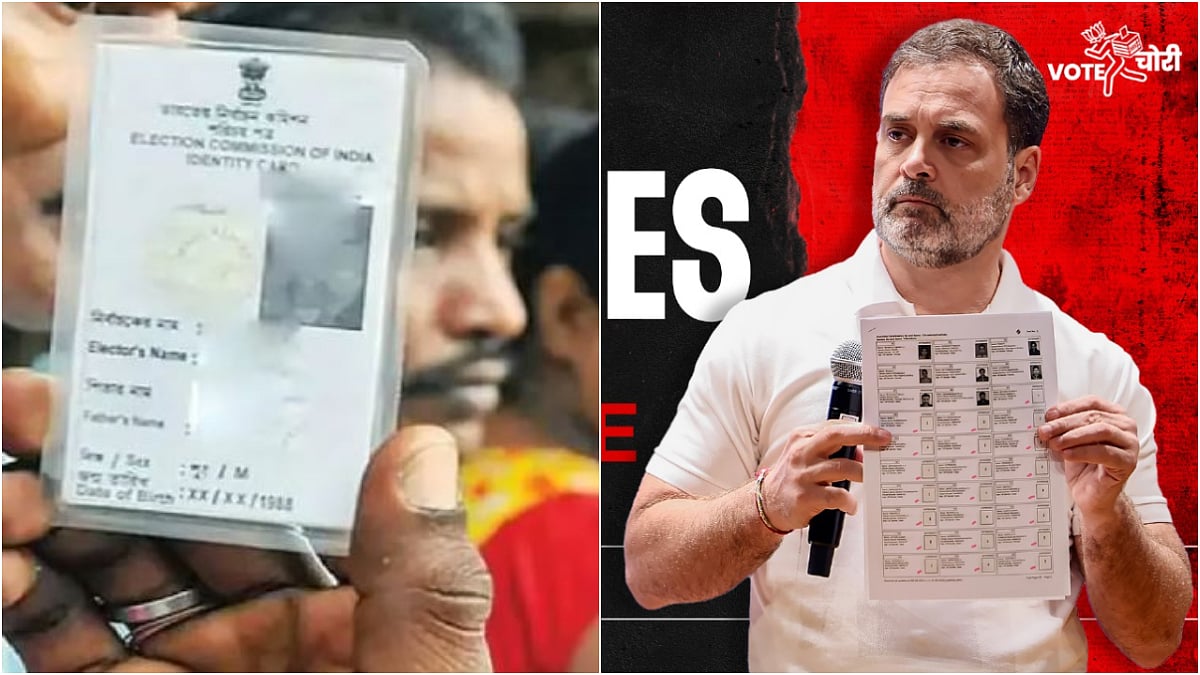We often talk about values. Many people complain about a decline in values. The elderly often talk about the degenerate behaviour of the younger generation because of this alleged decline in values.
More often than not, however, when older people talk about a decline in values among the younger generation, they are being confused between morals and taboos. The dictionary definition of ‘morals’ is ‘standards of behaviour; principles of right and wrong’. The definition of ‘values’ is similar: ‘principles or standards of behaviour – one’s judgement of what is important in life’. For all practical purposes we can equate morals and values.
But taboos are not morals. A taboo is a social or religious custom prohibiting or restricting a particular practice, or forbidding association with a particular person, place or thing. For instance, child marriage was an ugly custom of Hindu tradition, and marrying after puberty was a taboo. Similarly, the menstrual period was associated with ‘impurity’, and women were isolated during the period. Many religious customs enforce a type of dress (burkha) or jewellery (taali) or markings (bindi) on women. Breaking these traditions was taboo. When young people dress differently, or leave homes for study or work or entertainment, they are merely breaking taboos. When adults marry for love, or we prohibit child marriage, allow divorce, give freedom to a woman to teenage pregnancy, we are breaking taboos, not morals.
How then do we decide what is right and what is wrong? This understanding is important in determining what is moral, ethical or acceptable behaviour.
We have often allowed religion or custom or social norms to define ‘morality’. If we dig a little deeper, morality is about harmonising individual gain with public good.
Human society is unique in the sense that large numbers of individuals live together and depend on each other. In animals, most of the time, instincts shape behaviour and might is right, and hunger, self-preservation and reproductive impulse are all that matter. There is no conscious application of mind in animal behaviour. Whatever instinct dictates to the individual or the herd determines the behaviour. But human society needs to look beyond instincts because of the coexistence of large groups of people with no kinship relationship and the consciousness our species has developed.
Given the unique nature of the human species, there is a need to consciously reconcile individual goals with the collective good. If each individual were to pursue their self-interest at the cost of the public good, obviously everybody would suffer. The instinctive behaviours of self-preservation, maximising personal gain disregarding the cost and dangers to others, or fulfilling one’s needs or desires by coercion or violence are counterproductive to the individual and society. As instinct cannot be the sole guide to behaviour in human society; norms and values were developed to regulate individual behaviour so that it is not at the cost of the public good.
At its heart, the underlining principle of morality in all societies is reconciling individual goals with public good. If personal gain also promotes public good, it is the ideal situation. At the very least, personal gain should not harm the public. But if personal gain is at the cost of the collective good and harms others, it is clearly unsustainable and counterproductive, and therefore ‘immoral’.
The reasoning is simple: if all people were to pursue personal goals at the cost of society, then society would cease to exist. There will be endless violence, complete mistrust of other individuals, and the unpredictability, suspicion and fear would make life unbearable.
It is this ‘state of nature’ that the English philosopher Thomas Hobbes was describing in his book Leviathan. Hobbes argued that without government, life would be ‘solitary, poor, nasty, brutish and short’. Therefore, he made the case for an absolute sovereign.
Hobbes was wrong in his conclusion. Modern history is proof that you can promote both individual progress and public good through freedom, and without tyranny. But the basic premise — that if we depend on mere instinct to shape behaviour human society will be chaotic — is valid.
Humans are unique because we developed brain power, language and communication, and therefore can constantly upgrade our tools and technology, and cooperate and coexist in extremely large groups. And we are unique because our children need about 15 years of nurturing and care before their brains and bodies mature.
These unique features necessitated the development of moral codes and institutions to make society possible. Marriage, family, social norms, religious edicts, laws, government, markets, incentives — all these are about dealing with the uniqueness of human society, removing the conflicts between the individual and the collective, and promoting freedom, harmony and order. But we must distinguish between morality and taboos if we are to enhance individual freedom and social harmony.
As our knowledge expands and understanding deepens, we recognise that some of the old customs and norms are mere taboos that limit our freedom and harm our society. Equally, we recognise that some of the traditions and institutions expand our freedom, promote public good, and protect future generations.
The author is founder of the LokSatta movement and Foundation for Democratic Reforms. Email: drjploksatta@gmail.com; twitter@jp_loksatta









